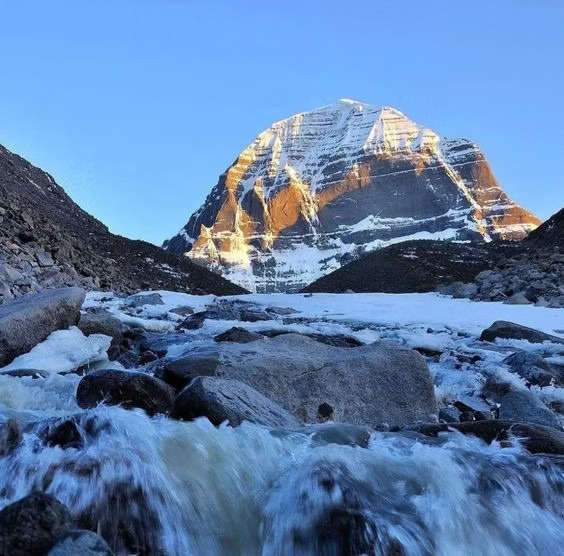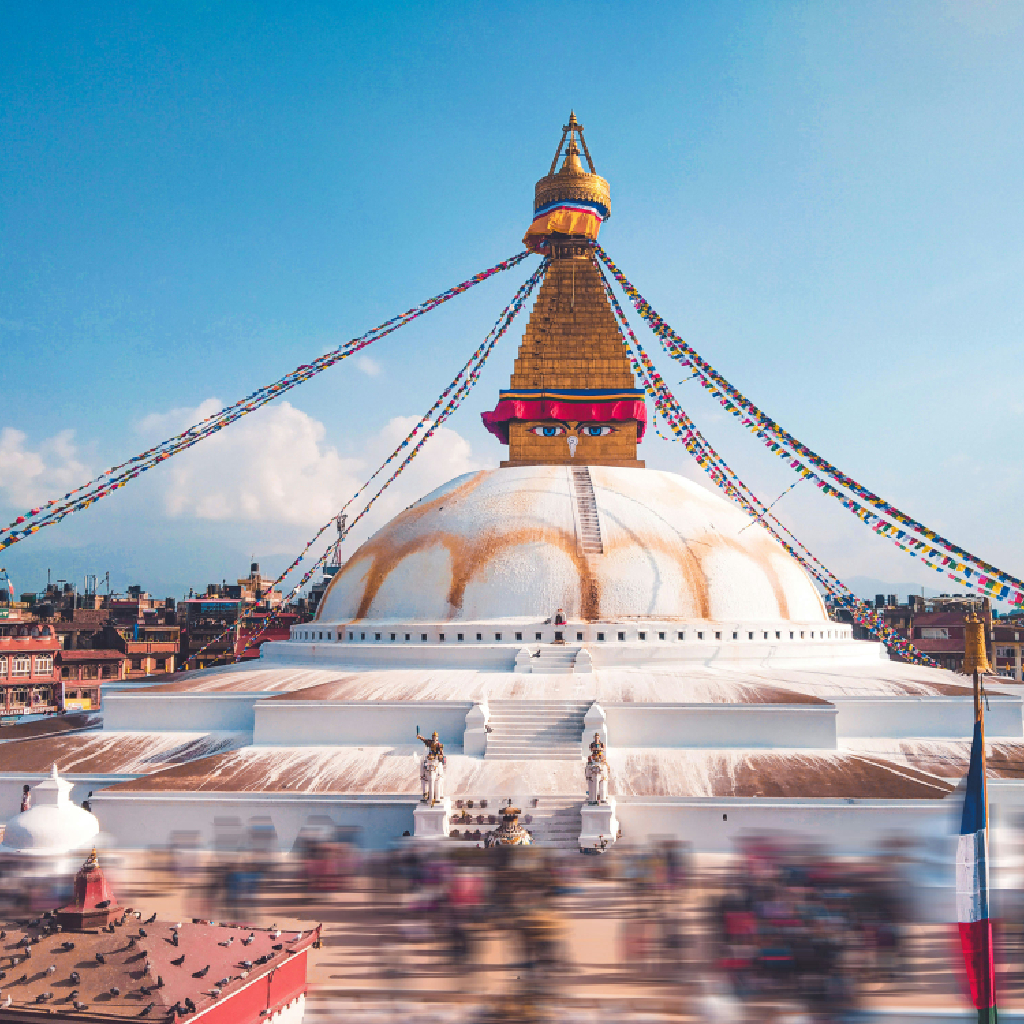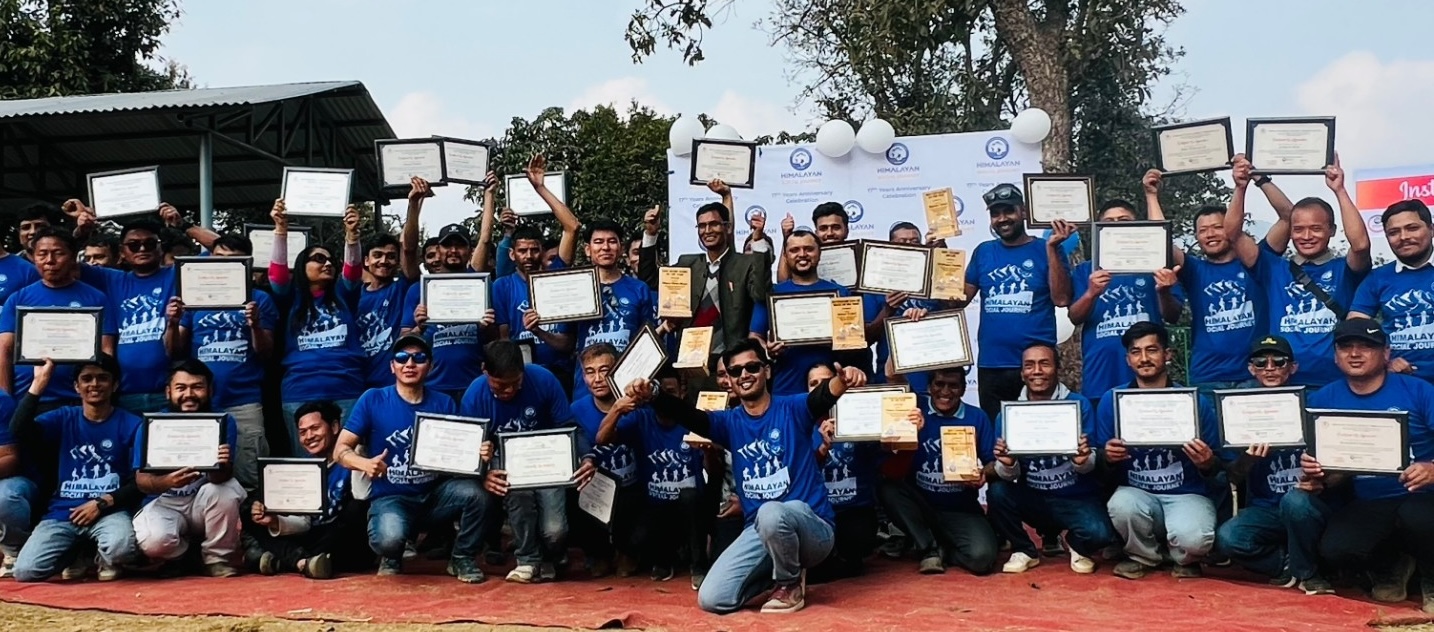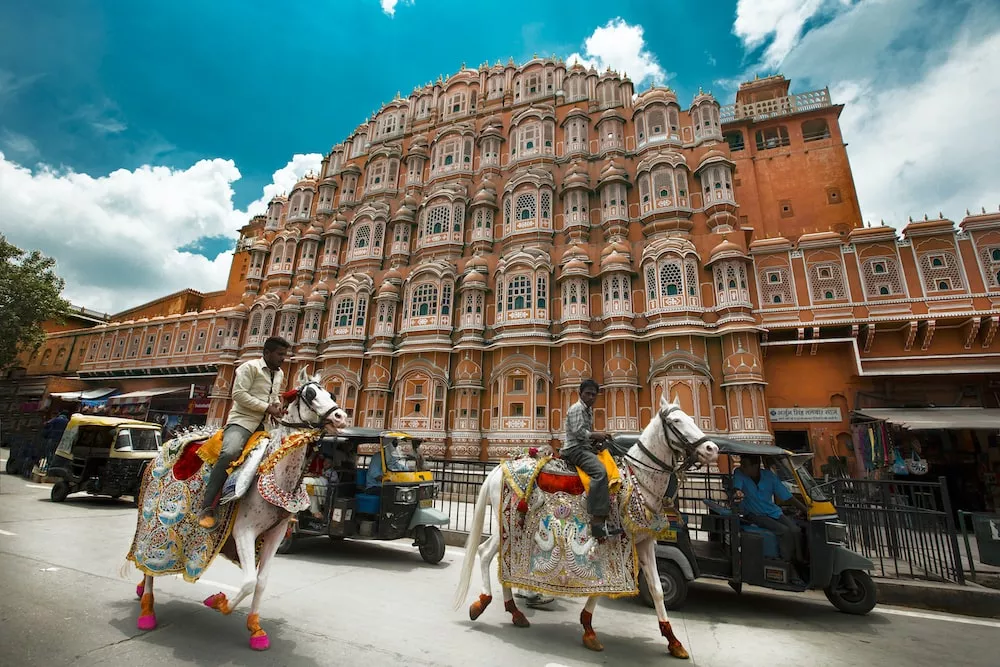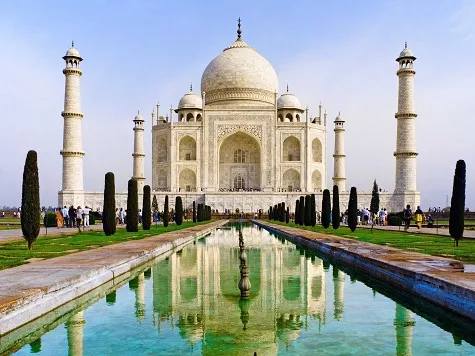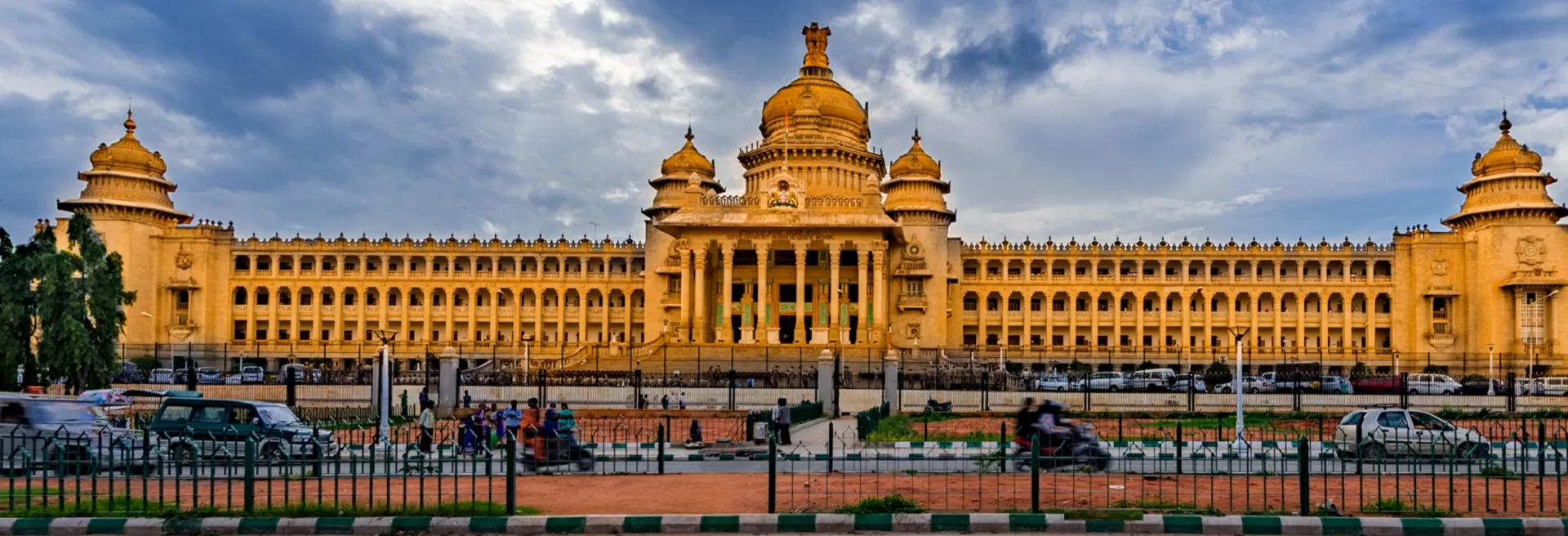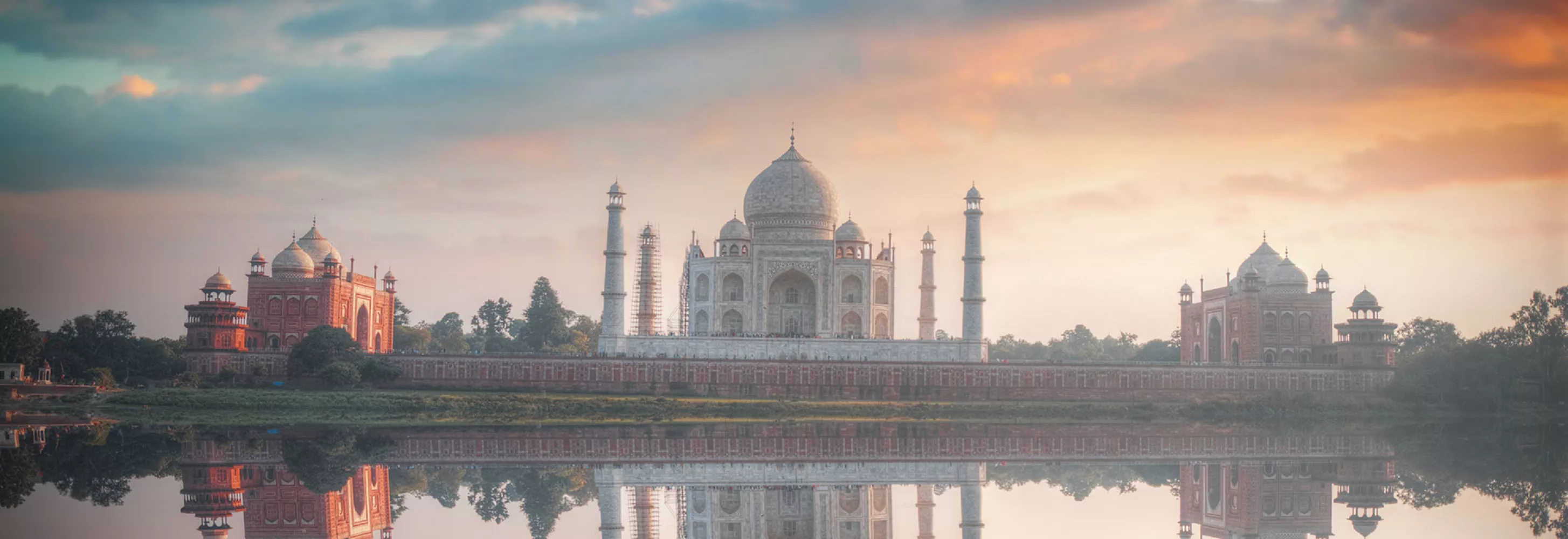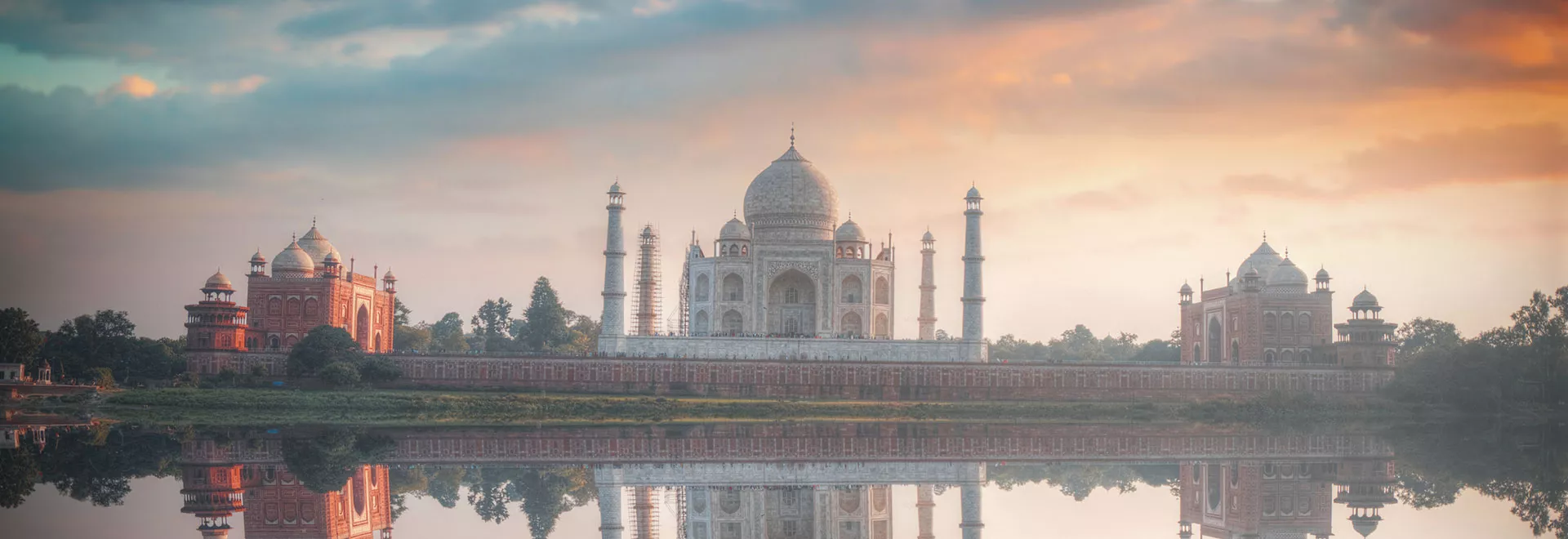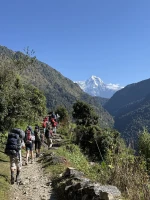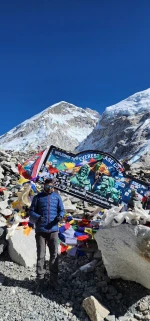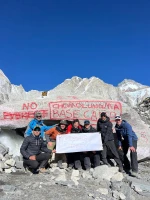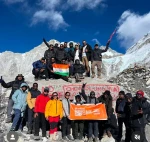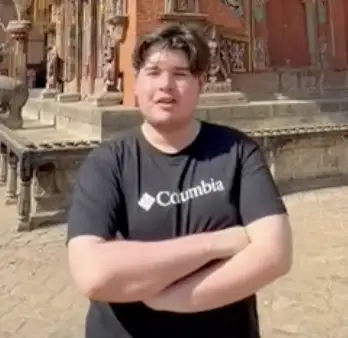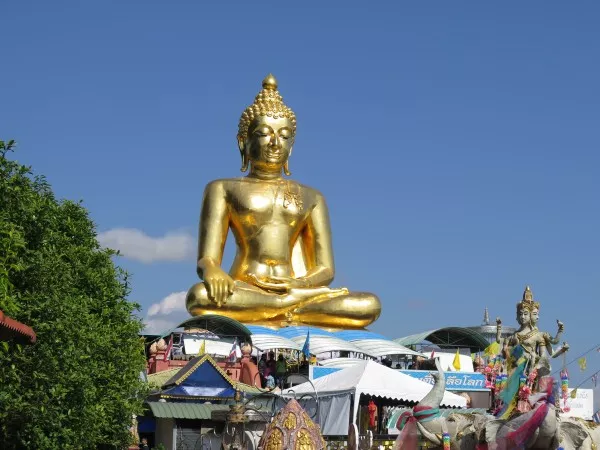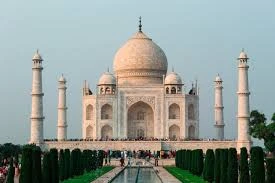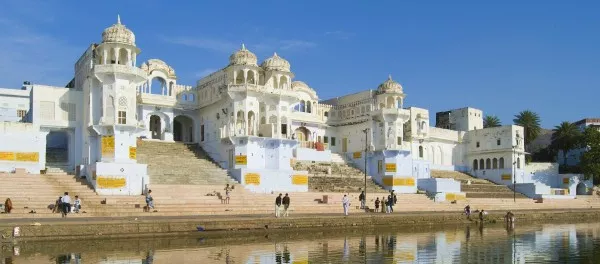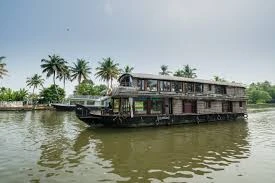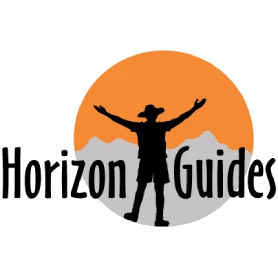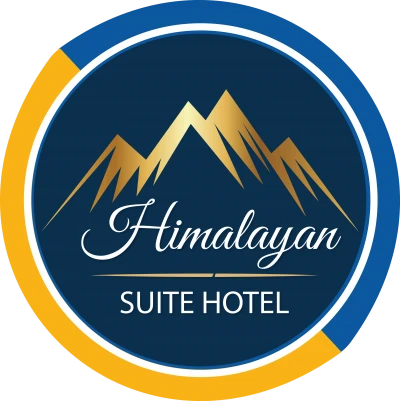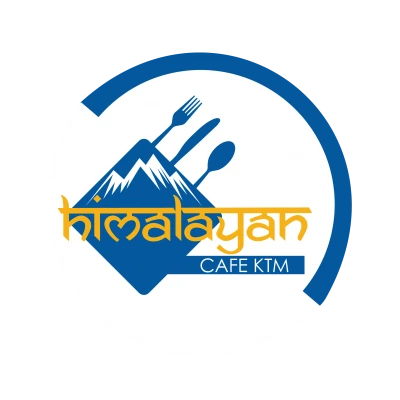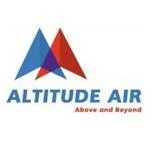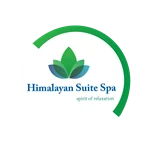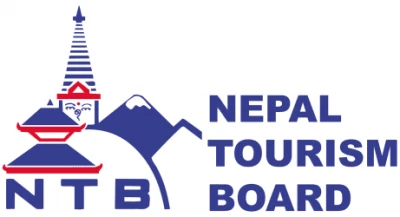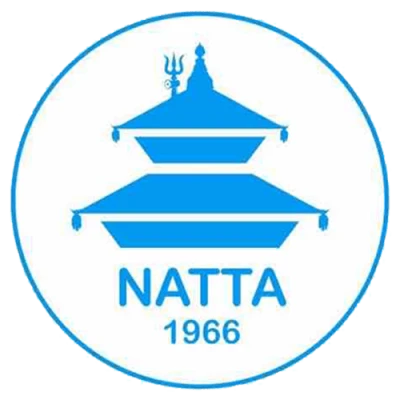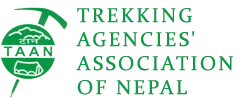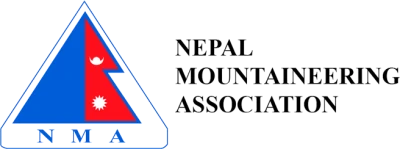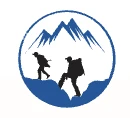Enjoy the beauty of tea gardens and the houseboat cruise along the Kerala backwaters.
Munnar not only is a beautiful hill station but a tea growing town of Kerala as well. Numerous tea fields form an irresistible green canvas as you drive up to the town. Taste both Kerala backwaters as well as the tea gardens with relaxed sightseeing.
On arrival at Cochin airport, our representative will meet you to pick you up and transfer to your hotel. Rest of the day is at your leisure. Stay overnight at the hotel in Cochin.
After Breakfast Proceed to Cochin Sightseeing.
Mattancherry Palace& Jewish Synagogue: The Mattancherry Palace is a Portuguese palace popularly known as the Dutch Palace, in Mattancherry, Kochi, in the Indian state of Kerala which features Kerala murals depicting portraits and exhibits of the Rajas of Kochi. The Palace was built and gifted by the Portuguese as a present to the king of Cochin around 1555. The Dutch carried out some extensions and renovations in the palace in 1663, and thereafter it was popularly called Dutch Palace. It is also called Paradesi synagogue is a word used in several Indian languages, and the literal meaning of the term is "foreigners", applied to the synagogue because it was built by Sephardic or Spanish-speaking Jews, some of them from families exiled in Aleppo, Safed and other West Asian localities. It is also referred to as the Cochin Jewish Synagogue or the Mattancherry Synagogue.
Above monument Timings: Dutch Palace/Mattancherry: Timings 10:00 am to 5 pm, Closed on Fridays and National holidays / Jewish Synagogue: 10 am to 5 pm, Break Time - 12 pm to 3 pm, Closed on Friday & Saturday &Jewish Holidays.
Chinese Fishing Net:
In India, Chinese fishing nets (Cheena vala) are fishing nets that are fixed land installations for fishing. While commonly known as "Chinese fishing nets" in India, the more formal name for such nets is "shore operated lift nets". Huge mechanical contrivances hold out horizontal nets of 20 m or more across. Each structure is at least 10 m high and comprises a cantilever with an outstretched net suspended over the sea and large stones suspended from ropes as counterweights at the other end.
Santa Cruz Cathedral Basilica, Kochi:
The Santa Cruz Cathedral Basilica at Fort Kochi is one of the eight Basilicas in Kerala. Counted as one of the heritage edifices of Kerala, this church is one of the finest and most impressive churches in India and visited by tourists the whole year round. It is a place of devotion as well as a center of historic significance, endowed with architectural and artistic grandeur and colors of the gothic style.
St. Francis Church, Kochi: St. Francis CSI Church, in Fort Kochi (a.k.a. Fort Cochin), originally built in 1503, is the oldest European church in India. and has great historical significance as a mute witness to the European colonial struggle in the subcontinent. The Portuguese explorer Vasco da Gama died in Kochi in 1524 when he was on his third visit to India. His body was originally buried in this church, but after fourteen years his remains were removed to Lisbon.
Evening visit Culture Center Kochi followed By Cruise Dinner(subject to availability)
Kathakali Dance show Centre in AC Theater: (Timings: 17:30 pm – 19:30 pm)
Elements of the art of Kathakali are found in the ancient ritual plays of Hindu temples and various dance forms that are believed to have been gradually developed in Kerala from as early as the 2nd Century until the end of the 16th Century. Many of its characteristics are very much older than its literature, as they are a continuation of older traditions, but these did not crystallize until the 17th Century when the Rajah of Kottarakkara, a small principality in central Travancore, wrote plays based on the Hindu epic "Ramayana" in sanskritizedMalayam, which could be understood by ordinary people.
Later drive back to Hotel stay overnight at Hotel in Cochin.
After breakfast check out from Cochin hotel and proceed to Dewalokam. A stay at Dewalokam is a truly unique way to relax and unwind in our peaceful and unspoiled heaven. Enjoy our homegrown produce freshly cooked as you sample gourmet traditional Keralan food and join the professional chefs in our state-of-the-art kitchen in informal learn-to-cook sessions. Ours is a working farm, run on organic and eco principles, where you will not only be welcomed by the warmest of Keralan families but will also be able to help the local community and the planet. Our water is heated with solar power, vegetables grown with home-made compost, chickens, and goats fed on vegetable waste and methane from our cows' manure is recovered to provide gas for cooking. Upon arrival in Dewalokam check-in to the A/C Room,
•Later cooking Demo at 6:00 pm, and a Spice Walk. Overnight stay at Dewalokam A/C Room.
Today morning Yoga Class during 07:30 am to 08:30 am,
Later After breakfast check out from Dewalokam,Cochin and later you proceed to Munnar.
On arrival check in Hotel. Munnar is situated at the confluence of three mountain streams - Mudrapuzha, Nallathanni and Kundale, Munnar is 1600 Meter above sea level.
This majestic hill station was once the summer resort of the British government in South India. Local sightseeing of Munnar includes a visit to Mattupetty Dam, Kundale Lake, and Echo point. Evening free. Stay overnight at Hotel in Munnar.
After breakfast Jeep safari guide will be meeting you in hotel lobby and later your day explore for the tea-plantations by the exciting Jeep ride in Munnar.
Enjoy Jeep Safari to explore tea plantation and visit tea factory & museum.
Start sightseeing tour of Munnar by Jeep safari drive through the Hills tea plantations, scenic beauty valleys, Lock heart gap, spice plantations etc. After around 25 kms of jeep ride through the normal road we will reach the jeep able, jumpy, bumpy, rugged road to the World’s highest organic tea growing estate. From there drive or walk little further to one of the oldest orthodox tea factory in this region.
After visiting the Factory we will have fresh tea picked, processed and made on the spot. Soon after we will start walking to a small ground to have lunch near the cliff at local south Indian restaurant with wonderful view around, then will proceed to Munnar in the jeep itself. Ride will be through the tea plantations jeepable rugged road and we can have a close look to the spectacular country side and the rural Tamil people, working in the tea plantations.
Later drive back to Hotel stay overnight at Hotel in Munnar.
Early morning drive to Periyar from Munnar. Upon arrival in Periyar, you will check-in at the hotel.
Visit Periyar Wildlife Sanctuary and enjoy the boat ride at the Periyar lake and see elephants and the other wild animals. The Periyar Wildlife Sanctuary is situated on the banks of the Periyar Lake - an artificial lake, at Thekkady. Here the high ranges of the Western Ghats are clothed in dense evergreen, moist deciduous forests and savannah grasslands. Below this thick green canopy roam herds of elephants, sambars, tigers, gaurs, lion-tailed macaques, and Nilgiri langurs.
In addition to elephant rides, cruises on the lake and treks to the ruined Mangaladevi temple - a beautiful old stone temple situated in the heart of the Thekkady forest;
After the Boat Ride activity return to the hotel. Overnight stay in the hotel in Thekkady.
After early breakfast check out from Thekkady hotel and proceed to Alleppey on arrival check in Houseboat till afternoon. Following a lunch board the Houseboat for a unique experience through the narrow canals and channels of the backwaters of Kerala. The materials that go into the making of houseboat are all local and Eco-friendly; bamboo poles, coconut fiber ropes, bamboo mats carpets etc. The main wood used is "Anjali ".
The Houseboat provides all comforts - Beds, a kitchen, western toilets, and an upper deck. Traditional lanterns are used as lights. Spend the day cruising on the boat. through remote tribal villages along the tranquil backwaters of Kerala is a superb experience. Sensational in its own silent way, the cruise takes you alongSnake boat docks, friendly cheering villagers, coir (Jute) making communities, toddy (local spirit) shops, fishing nets pitched for the day's catch, bounded paddy fields and manual canoes of different sizes crisscrossing each other. The experience enables you to reach beautiful untouched areas.
ALL MEALS INCLUDED IN HOUSEBOAT Stay overnight at in Houseboat in Alleppey.
After breakfast proceed to Cochin By Car (Approx 83 Km) !!! On Arrival check In to hotel in Cochin!!! Evening Free visit local markets !!!
Stay overnight in Cochin
After breakfast proceed to Cochin By Car (Approx 83 Km). On Arrival check In to hotel in Cochin. Evening Free visit local markets.
Stay overnight in Cochin.
IMPORTANT NOTES FOR BACKWATER TRIP IN ALLEPPEY:
Guests can check in at 12:00 hrs, we will welcome you with the welcome drink and start cruise after a short briefing introduction, relax and enjoy the canals, rivers, and backwater, at 13:00 hrs houseboat will stop for lunch, with lavish menu of traditional Kerala cuisine. (if you require any special meals like main food in north Indian or food without spice etc it has to be informed in advance).
14:00 hrs it will continue its cruise covering beautiful rivers and canals with palm trees and small houses near to it, villages paddy fields, churches, etc, you can also buy fresh prawns or crab or karimeen from local fishermen and give to our chef, who will prepare it for your dinner.
17:30 hrs The houseboat will anchor (till next day morning 08: 00) most of the time we will stop near the land because, you can also get a chance to go out and walk along the riverside or villages and come back, Evening Enjoy your Dinner and leave all world behind you and have a good sleep in your floating paradise.
Bed tea / Coffee will be provided, enjoy the sunrise and breath pollution-free air. At 08:30 hrs Breakfast which includes bread, butter, jam or Iddily/Dosa etc.
Terms and conditions:
» Meal plan applied on APAI / full board basis (i.e; inclusive of breakfast, lunch & dinner)
» The Menu is normally fixed with some south Indian recipes. Any changes to be intimated in advance.
» Check in: 12 noon, Check out: 9 AM. One stay is for 21 hrs and not for 24 hrs.
» Beverages & any cook to order will be charged extra on actual.
» The boat will be anchored in the lake or canal during night & will not cruise after 17.30 hrs.
» 24 Hrs Air-Condition available at the houseboat.
VISA INFORMATION
OVERVIEW
All foreign nationals entering India are required to possess a valid international travel document in the form of a national passport with a valid visa obtained from an Indian Mission or Post abroad.
All Individual visa seekers are requested to apply for the Indian Visa through Online application link , in order to make an application for getting the Indian visa.
The duly signed physical copy of the application form completed in all respect and submitted successfully, is to be submitted at the concerned Indian Visa Application Center (IVAC) or directly to Indian Mission/ Post, on the scheduled date of interview along with the requisite supporting documents. The instructions for filling the form and scheduling the appointment can be seen at Instructions for Online Visa Application. Important technical information for filling online Indian visa application can be referred at Technical Instructions.
The applicants are also requested to visit website of the Indian Mission concerned for detailed information about Indian visa.
ONLINE VISA APPLICATION
All Individual visa seekers are requested to apply for the Indian Visa through online application link. Or can apply by typing the URL: http://indianvisaonline.gov.in/visa/ in the address bar of web browser, in order to make an application for getting the Indian visa. In either case, no hand written application form will be accepted by any of the Indian Mission/ Post, where-ever online Visa facility has been implemented. The application form completed in all respect and submitted succesfully, is to be submitted at the concerned Indian Visa Application Center (IVAC) or directly to Indian Mission/ Post in absence of IVAC, on the scheduled date of interview along with the requisite supporting documents. The instructions for filling the form and scheduling the appointment can be refered at Instructions for Online Visa Application. Important technical information for filling online Indian visa application can be referred at Technical Instructions. If you have already applied online for Indian Visa online and want to know the status of your application,
VISA CATEGORIES
Government of India issues the following visas: Business Visa, Conference Visa, Diplomatic Visa, Employment Visa, Emergency Visa, Entry Visa, Journalist Visa, Medical Visa, Missionaries Visa, Permit to re-enter within 2 months, Research Visa, Student Visa, Tourist Visa, Transit Visa. Please follow the link for details on Visa Provision and supporting documents
VISA PROCESSING TIME
Upon receipt of the Visa Application through Indian Visa Application Center or directly, the Indian Mission/ Post requires a minimum of three working days to process the case and issue a visa depending upon the nationality and excluding special cases.
PHOTO REQUIREMENTS
Online India Visa Application allows the Applicant to upload a digital photograph of self to complete the online visa application.
Guidelines/procedure to upload a digital photograph
The digital photograph to be uploaded along with the Visa application should meet the following requirements:
Format – JPEG
Size
Minimum 10 KB
Maximum 300 KB
The height and width of the Photo must be equal.
Photo should present Full face, front view, eyes open.
Center head within frame and present full head from top of hair to bottom of chin.
Background should be plain light colored or white background.
No shadows on the face or on the background.
Without borders.
Make sure that photo presents full head from top of hair to bottom of chin. Head should measure 1 inch to 1-3/8 inches (25mm to 35mm). Make sure eye height is between 1-1/8 inches to 1-3.
FEE FOR INDIAN VISA
The visa fee depends upon the type of applied for and duration of visa. Visa fee is divided into various types depending upon the case viz; Basic fee, special fee, processing fee by out-sourcing agency. During the online registration process, at the end of the process the basic fee shall be displayed. However, this fee shall be indicative only and final fee shall be charged while submitting the application at the respective counters Fee once received are non-refundable even if the visa application is withdrawn, the visa is not granted, or if visa issued is of shorter duration of period than applied for or otherwise issued or returned at a time or on terms and conditions that may vary from those sought by the applicant. For further information on this, please check with local embassy office or Indian Visa Application center office or websites for information on applicable fee and payment methods.
VISA PROVISION
SL. NO.
TYPE OF VISA
PERIOD FOR WHICH GRANTED
ENTRY – SINGLE (S), MULTIPLE (M), DOUBLE
DOCUMENTS REQUIRED WITH APPLICATION
EXTENDABLE IN INDIA
1
TOURIST
180 DAYS
M
-
NO
2
TRANSIT
15 DAYS
S/ DOUBLE
RETURN/ ONWARD JOURNEY TICKET
NO
3
BUSINESS
5 YEARS
M
DOCUMENTS TO PROVE BONAFIDE PURPOSE (COMPANY’S LETTER ETC.)
YES
4
EMPLOYMENT
1 YEAR/ PERIOD OF CONTRACT
M
PROOF OF EMPLOYMENT (APPOINTMENT DOCUMENT), TERMS AND CONDITIONS
YES
5
STUDENT
PERIOD OF COURSE/ 5 YEARS
M
PROOF OF ADMISSION IN INDIAN INSTITUTION
YES
6
FOREIGNERS OF INDIAN ORIGIN
5 YEARS
M
PROOF OF BEING OF INDIAN ORIGIN
YES
INSTRUCTIONS
A. Online application form:
This application form is meant for those foreigners who are applying for visa from outside India.
Each online application form is meant for one person only. Separate application has to be filed for each applicant.
Furnish information exactly in the manner asked for in the forms, especially the names, address and date of birth.
Applicants are required to verify the application details before submitting the online application. They have an option to save the online application form, in case it is not to be submitted.
Once the online application form is submitted by the applicant, then further modifications are not allowed. Hence applicants are requested to check and validate the details before submitting the online application form.
Applicants are requested to keep the Application Id (generated automatically after the submission of online form) for further communications.
B. Appointment Scheduling:
Applicant can schedule the appointment as per his/ her convenience with the concerned Indian Mission.
Each applicant to schedule a separate appointment with the Indian Mission
C. Process for filling up online application form:
Applicant shall access the Visa Application system online through the following link: http://indianvisaonline.gov.in/visa/.
Applicant visits the above mentioned web link and selects the Indian Mission from where he intends to apply for the Visa from the tab “Select Mission”.
Applicant fills the application on-line as per the forms standardized by the Ministry.
After filling the form and submitting it, the system shall automatically generate a Application Id. Applicants are requested to keep this Application Id for further communications with the concerned Indian Mission.
System will automatically ask the Applicant for the following confirmation: “Select ‘Yes’ if the applicant want to seek appointment and make payment online or ‘No’ if the applicant just want to print the submitted application form.”
If the applicant response is “No”, then it is requested by the applicant to take the print out of the submitted online application form and approach the concerned Indian Mission for submission of the online form along with supporting documents.
If the response from applicant is “yes” then the system automatically takes the link to perform the following:
Selection of Date and Time of appointment at the concerned Indian Mission
Calculation of Visa fee, service charge, VAT etc. as applicable according to the Visa type
D. Payment using service provider’s payment system
In case the facility of Appointment Scheduling and e-Payment is not available for the concerned Indian mission, then applicant has to take the printout of the online application form and visit the concerned Indian Mission to submit the same along with supporting documents and make the payment.
Indian Culture: Traditions and Customs of India
India’s culture is among the world,s oldest; civilization in India began about 4,500 years ago. Many sources describe it as "Sa Prathama Sanskrati Vishvavara" — the first and the supreme culture in the world, according to the All World Gayatri Pariwar (AWGP) organization.
Western societies did not always see the culture of India very favorably, according to Christina De Rossi, an anthropologist at Barnet and Southgate College in London. Early anthropologists once considered culture as an evolutionary process, and ”every aspect of human development was seen as driven by evolution,” she told Live Science. “In this view, societies outside of Europe or North America, or societies that did not follow the European or Western way of life, were considered primitive and culturally inferior. Essentially this included all the colonized countries and people, such as African countries, India, and the Far East.".
However, Indians made significant advances in architecture (Taj Mahal), mathematics (the invention of zero) and medicine (Ayurveda). Today, India is a very diverse country, with more than 1.2 billion people, according to the CIA World Factbook, making it the second most populous nation after China. Different regions have their own distinct cultures. Language, religion, food and the arts are just some of the various aspects of Indian culture. Here is a brief overview of the culture of India.
Language
India has 28 states and seven territories, according to the World Health Organization. There is no official language in India, according to a Gujarat High Court ruling in 2010. Many people living in India also write in Devanagari script. In fact, it is a misconception that the majority of people in India speak Hindi. Though many people speak Hindi in India, 59 percent of India residents speak something other than Hindi, according to The Times of India. Bengali, Telugu, Marathi, Tamil and Urdu are some other languages spoken in the country.
Religion
India is identified as the birthplace of Hinduism and Buddhism, the third and fourth largest religions. About 84 percent of the population identifies as Hindu, according to the “Handbook of Research on Development and Religion” Edited by Matthew Clarke (Edward Elgar Publishing, 2013). There are many variations of Hinduism, and four predominant sects — Shaiva, Vaishnava, Shakteya and Smarta.
About 13 percent of Indians are Muslim, making it one of the largest Islamic nations in the world. Christians and Sikhs make up a small percentage of the population, and there are even fewer Buddhists and Jains, according to the “Handbook.”
Food
When the Moghul Empire invaded during the sixteenth century, they left a significant mark on the Indian cuisine, according to Texas A&M University. Indian cuisine is also influenced by many other countries. It is known for its large assortment of dishes and its liberal use of herbs and spices. Cooking styles vary from region to region.
Wheat, Basmati rice and pulses with chana (Bengal gram) are important staples of the Indian diet. The food is rich with curries and spices, including ginger, coriander, cardamom, turmeric, dried hot peppers, and cinnamon, among others. Chutneys — thick condiments and spreads made from assorted fruits and vegetables such as tamarind and tomatoes and mint, cilantro and other herbs — are used generously in Indian cooking.
Many Hindus are vegetarians, but lamb and chicken are common in main dishes for non-vegetarians. The Guardian reports that between 20 percent and 40 percent of India's population is vegetarian.
Much of Indian food is eaten with fingers or bread used as utensils. There is a wide array of breads served with meals, including naan, a leavened, oven-baked flatbread, and bhatoora, a fried, fluffy flatbread common in North India and eaten with chickpea curry.
Architecture and art
The most well-known example of Indian architecture is the Taj Mahal, built by Mughal emperor Shah Jahan to honor his third wife, Mumtaz Mahal. It combines elements from Islamic, Persian, Ottoman Turkish and Indian architectural styles. India also has many ancient temples.
India is well known for its film industry, which is often referred to as Bollywood. The country's movie history began in 1896 when the Lumière brothers demonstrated the art of cinema in Mumbai, according to the Golden Globes. Today, the films are known for their elaborate singing and dancing.
Indian dance, music and theater traditions span back more than 2,000 years, according to Nilima Bhadbhade, author of “Contract Law in India” (Kluwer Law International, 2010). The major classical dance traditions — Bharata Natyam, Kathak, Odissi, Manipuri, Kuchipudi, Mohiniattam and Kathakali — draw on themes from mythology and literature and have rigid presentation rules.
Clothing
Indian clothing is closely identified with the colorful silk saris worn by many of the country’s women. The traditional clothing for men is the dhoti, an unstitched piece of cloth that is tied around the waist and legs. Men also wear a kurta, a loose shirt that is worn about knee-length. For special occasions, men wear a sherwani, which is a long coat that is buttoned up to the collar and down to the knees. The Nehru jacket is a shorter version of a sherwani.
Customs and celebrations
The country celebrates Republic Day (Jan. 26), Independence Day (Aug. 15) and Mahatma Gandhi's Birthday (Oct. 2). Diwali is the largest and most important holiday to India, according to National Geographic. It is a five-day festival known as the festival of lights because of the lights lit during the celebration to symbolize the inner light that protects them from spiritual darkness. Holi, the festival of colors, also called the festival of love, is popular in the spring.
Weather
India is situated in Southern Asia, bordering the Arabian Sea and the Bay of Bengal, between Burma and Pakistan.
The climate in India varies from a tropical monsoon climate in the south to a temperate climate in the north. If you are thinking of Visiting Delhi (the capital of India) then best to visit it in October, November, February and March. That's when the nights are cool and the days are filled with a little sunshine. May, June and July are very hot with temperatures over 45 degrees (113 Fahrenheit). It is a dry heat and is sometimes accompanied by dusty desert winds. Most of the rain falls between July and September but they are not the tropical rains you'll experience in India's coastal cities.


